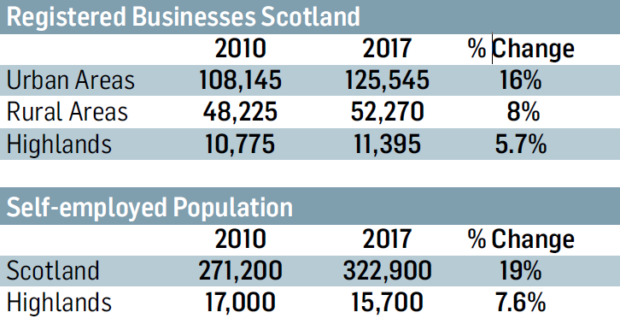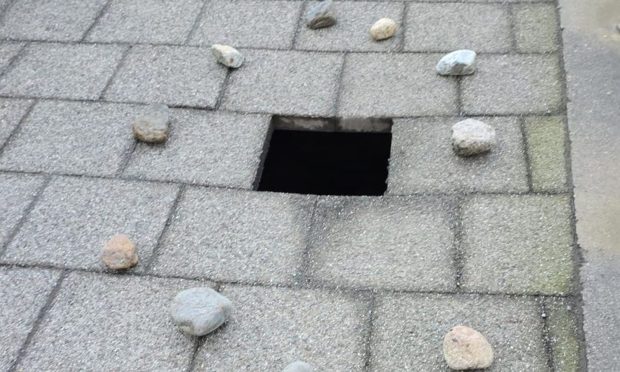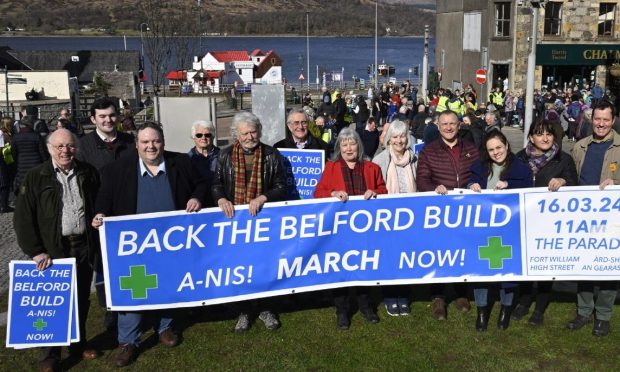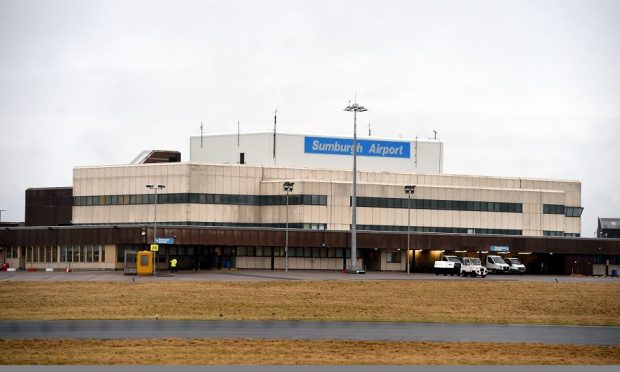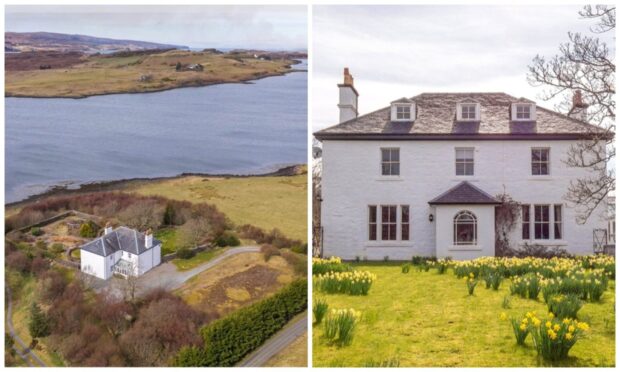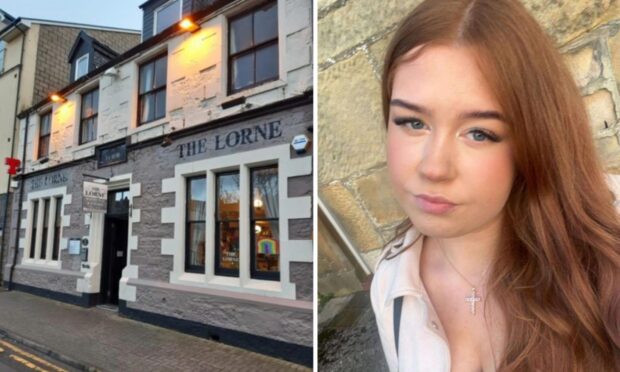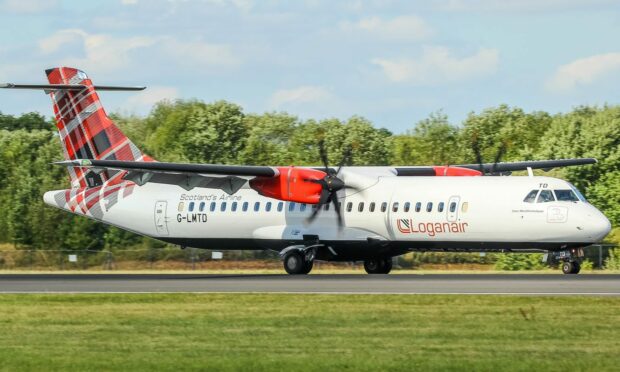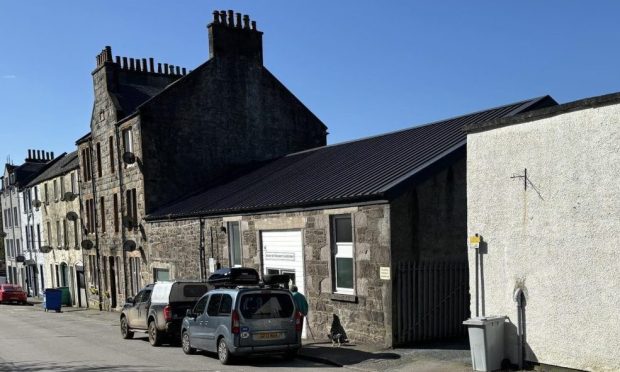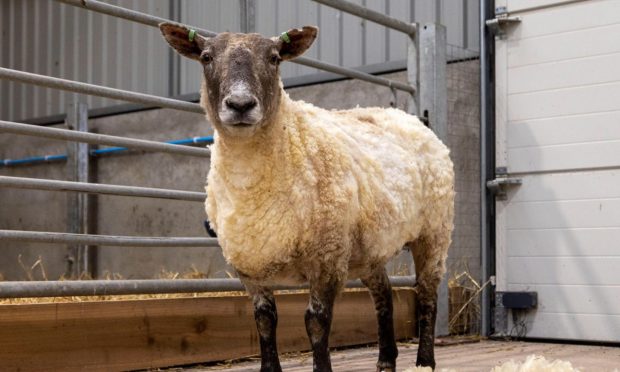The rate of new business start-ups in the Highlands are slower than anywhere else in the country – sparking calls for action to support new blood across the north and boost the economy.
In the past seven years only 620 new firms have been registered in the north, compared to more than 17,000 across urban parts of Scotland.
Business leaders and politicians last night insisted that smaller firms were the “beating hearts” of their community and the Highland economy, and urged the Scottish Government to “step up to the plate” to support new start-ups.
The number of businesses in the north only rose from 10,775 in 2010 to 11,395 last year – an increase of just 5.7%.
Across the country’s cities and towns, however, the number has shot up from 108,145 to 125,545 in the same period – an increase of 16%.
For rural Scotland as a whole, the increase was 8%, from 48,225 to 52,270.
The self-employed population across the north, meanwhile, fell from 17,000 in 2010 to 15,700 last year – a drop of 7.6% – while for Scotland it increased 19% over the same period – from 271,200 to 322,900.
Amanda Frazer, Highlands and Islands leader of the Feberation of Small Business (FSB), said: “The worrying decline in self-employment and the slow growth in the number of registered businesses in the Highlands contrasts starkly with the performances of both in urban Scotland, and we cannot be complacent.
“Smaller businesses are the beating hearts of their communities and of the wider Highland economy, and we must do more to support both existing businesses and new start-ups if we want to retain our young people and attract more people of working age to move in. Without this the Highland economy will struggle.”
FSB has campaigned for improved transport connectivity and faster broadband coverage to ensure that the Highlands can compete, rather than become “a sleepy backwater”.
Regional MSP Rhoda Grant said she was “disappointed” by the figures, adding: “The Highlands and Islands are made up of many scattered communities and if we want to keep these alive and active we have to address the depopulation in some areas and encourage enterprise, initiative, production and resilience which these business will bring.”
North Conservative MSP Ed Mountain said: “We need to address the causes and make the Highlands a more attractive place for small businesses. Better broadband and public transport would be a good start.”
A Scottish Government spokesman said: “We know remote and rural areas are much more likely to have businesses with 10 or fewer employees.
“These deliver significant economic and social benefits and will be an important focus for us as we work in partnership with the FSB, and others, to encourage and support businesses meet the challenges our rural economy and communities face.”
